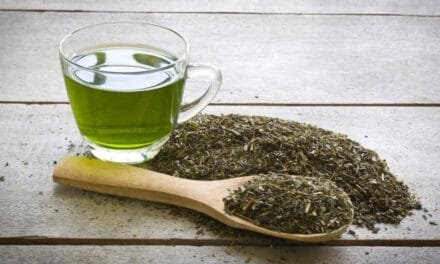The FSSAI, has banned blending of any kind of edible oil with mustard oil from June 8. Such a ban was earlier imposed from October 1 last year, only to be revoked in less than three months.
The FSSAI, has banned blending of any kind of edible oil with mustard oil from June 8. Such a ban was earlier imposed from October 1 last year, only to be revoked in less than three months.
In a notification issued earlier this month, the Food Safety and Standards Authority of India (FSSAI) inserted a clause 11 under the “sale of certain prohibited admixtures” stating “Any source of edible vegetable oil sources containing Mustard Oil manufactured on or after June 8, 2021. ”According to FSSAI regulations, blending of two edible oils is permitted, provided that the weight of any edible vegetable oil used in the mixing process is not less than 20%.
Sources in the edible oil industry said blended oils were being “unscrupulously” passed on to unsuspecting consumers as mustard oil. There was a demand even from genuine players in the edible oil industry to stop the practice of blending in mustard oil so that demand is not diluted and farmers are also paid remunerative prices to motivate them for raising production. The size of the mustard oil industry is around Rs 40,000 crore, at current prices and projected output of the oilseed.
According to the second advance estimates released by the agriculture ministry in February, there may be a record production of mustard seen at 10.43 million tonne in 2020-21 crop year (July-June), up by over 14% from the previous year. However, the Central Organization for Oil Industry and Trade (COOIT) has estimated 8.95 million tonne of mustard seed output, up by more than 19% from last year. Official estimates suggested mustard production was 9.12 million tonne, while COOIT pegged it at 7.5 million tonne during 2019-20.
“We have been advocating the ban on blending for quite some time. Mustard oil is one of the healthy edible oils and the ban on blending will encourage more and more people towards mustard oil. The move will also help farmers in getting better price for their produce and help in reducing reliance on imports for meeting our edible oil requirements,” said Suresh Nagpal, chairman of COOIT.
The agriculture ministry had proposed a five-year plan of edible oil mission at an estimated expenditure of Rs 19,000 crore to reduce import of edible oils such as palm and soybean oil. However, no such announcement was made during the FY22 Budget, and there may be a decision around August 15, sources said.
















